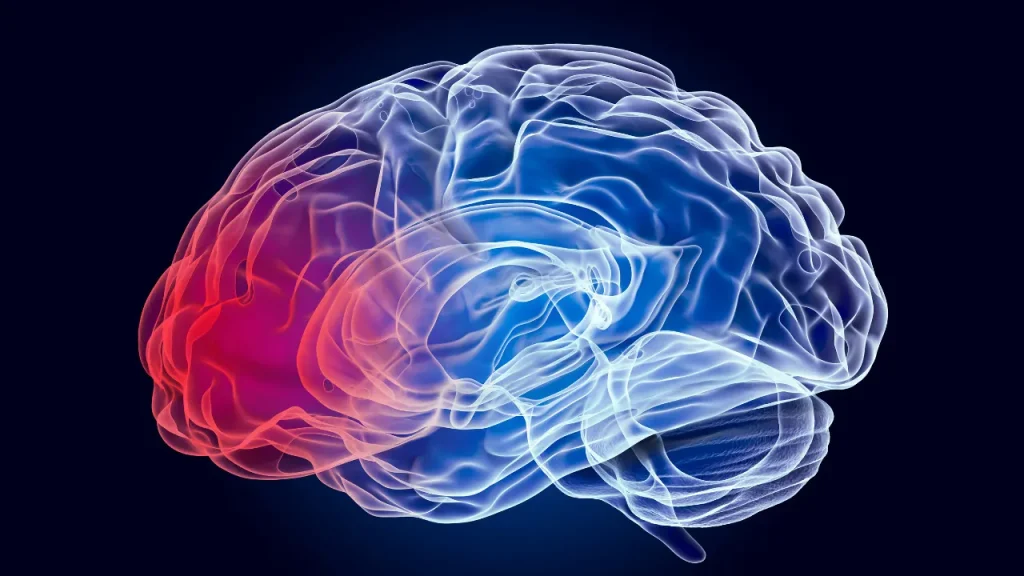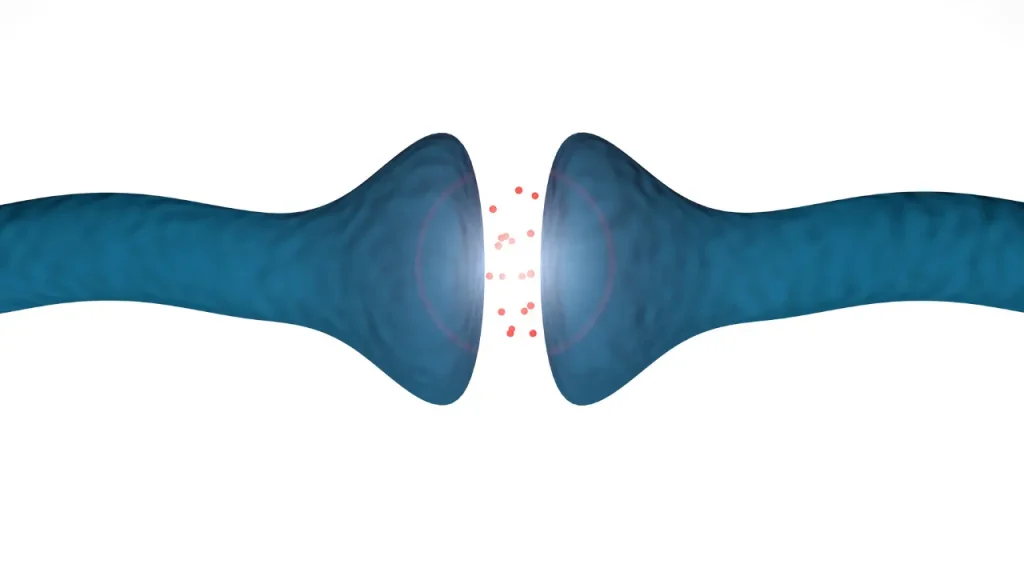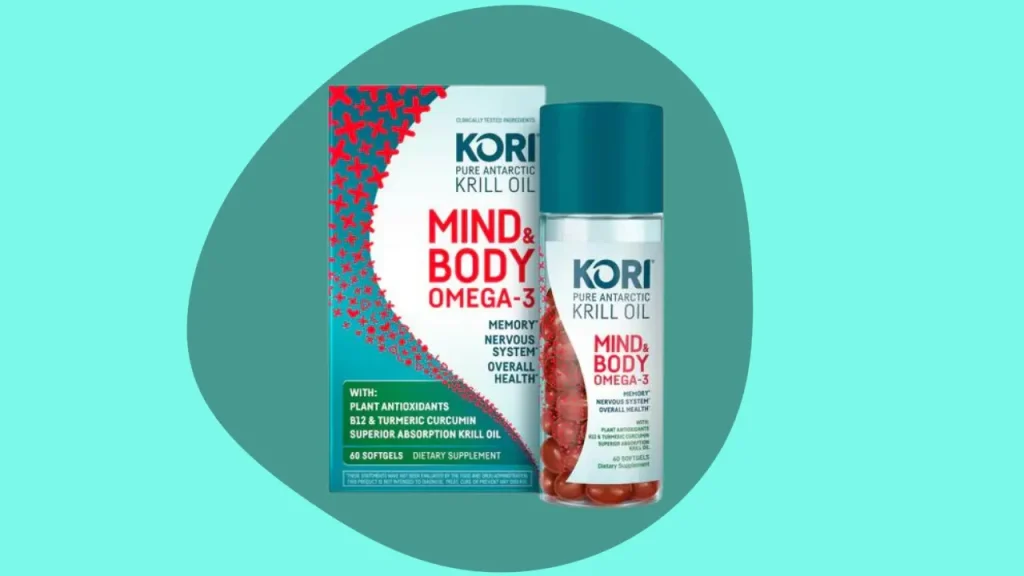Sharpen Your Memory and Beat Brain Fog: 5 Dynamic Strategies to Reignite Your Memory after Concussion Memory Loss
Concussions, often perceived as minor injuries, can leave a profound and lasting impact on memory. Whether you’ve recently experienced a concussion or continue to grapple with persistent memory challenges from a previous injury, this article aims to provide you with a comprehensive understanding of the intricate landscape of memory loss induced by concussions.
In the following sections, we will embark on a deep dive into the multifaceted realm of concussions. Our journey will encompass an exploration of their underlying causes, a thorough examination of the diverse array of symptoms they present, an evaluation of the varying prognoses associated with these injuries, and an extensive exploration of the wide spectrum of treatment options available to individuals who aspire to regain their cognitive capabilities.
While concussions might come across as mild at first, their impact must never be downplayed. Their repercussions, especially in the domain of memory and cognitive function, can extend far beyond the immediate aftermath. This article aspires to serve as an invaluable resource, bestowing you with insights and knowledge to aid in making well-informed decisions regarding your own well-being or that of a cherished individual.
As we navigate the intricate labyrinth of concussions and their profound impact on memory, we will also delve into a compelling supplementary avenue for potential recovery: the utilization of omega-3 fatty acids. However, it is imperative to underscore that these supplements should be employed in conjunction with guidance from conventional medical practitioners.
By the end of this article, not only will you have acquired a profound understanding of the multifaceted aspects of concussion-induced memory loss, but you will also be armed with actionable strategies to rejuvenate and reinvigorate your memory and cognitive capabilities, fostering a renewed sense of hope and empowerment for the future.
You May Also Like:
The Best Supplements for Memory and Brain Fog: 5 Top Brands Reviewed
Nutrition for Memory Improvement: Implementing Dietary Changes to Sharpen Cognitive Processing
Sharpen Your Memory and Beat Brain Fog: 5 Dynamic Strategies to Reignite Your Memory after Concussion Memory Loss is an original (NootropicsPlanet) article.
Concussion memory loss:
Background
A concussion, formally known as a mild traumatic brain injury (mTBI), is a condition that arises following an abrupt force applied to the head or body, resulting in the rapid movement of the brain within the confines of the skull. This abrupt displacement sets in motion a sequence of events that can yield temporary disturbances in brain function, which can profoundly affect memory and cognitive processes. While often considered minor compared to more severe traumatic brain injuries, concussions are far from insignificant in their potential ramifications.
Concussions do not discriminate; they can manifest in a variety of scenarios and impact individuals from all walks of life. Among the most common scenarios where concussions occur are sports injuries, where athletes may endure collisions, tackles, and sudden and forceful impacts that set the stage for a concussion. Likewise, the unpredictable nature of car accidents can subject occupants to violent head movements, and falls—whether from a height or on level ground—can also lead to concussions. Importantly, concussions are not limited to extraordinary circumstances; even everyday mishaps, such as slipping on an icy sidewalk or a simple trip and fall, can result in these injuries.
While a concussion might be classified as a mild traumatic brain injury, its implications can be far from mild. The consequences for memory and cognitive function can be significant. As such, it is important to recognize, understand, and address concussions promptly and effectively. In the sections that follow, we will delve deeper into the intricacies of concussions, shedding light on their causes, the myriad symptoms they exhibit, potential prognoses, and the array of treatment options available to those grappling with the aftermath of a concussion.

Concussion memory loss:
Cause and symptoms
Understanding the intricacies of memory loss resulting from concussions is of paramount importance, as it involves a complex interplay of factors. When a concussion occurs, the brain undergoes intricate transformations at the chemical and metabolic levels, initiated by the forceful impact that sets the brain into motion within the confines of the skull. Beyond the immediate physical effects, this displacement leads to temporary chemical imbalances within the brain.
A notable consequence of these changes is the heightened activity of neurons. In the aftermath of a concussion, certain neurons can become excessively hyperactive, generating erratic electrical impulses that disrupt the brain’s normal information flow. This hyperactivity can result in a range of cognitive disturbances, including memory deficits.
Furthermore, concussions can disrupt the effective communication between neurons. Neurons rely on complex networks of electrical and chemical signals to transmit information accurately and swiftly. Following a concussion, these communication pathways may become disrupted or slowed, further contributing to memory lapses and cognitive challenges.
Concussion-induced memory loss is also influenced by inflammation within the brain. A forceful impact and ensuing chemical imbalances can trigger localized inflammation. This inflammation disrupts the delicate balance of neurotransmitters, which are crucial chemical messengers in the brain responsible for memory formation and retrieval. As a result, individuals who have sustained concussions may grapple with difficulties in memory recall and overall cognitive function.
Recognizing the symptoms of concussion memory loss is a vital step in the journey to recovery. These symptoms manifest in various ways, each with its own degree of severity and impact. Memory problems are a hallmark sign, characterized by an individual’s struggle to remember recent events or conversations. This memory impairment can be frustrating and disrupt daily life. Moreover, confusion often sets in, with individuals experiencing disorientation and mental fog, which can hinder the execution of routine tasks.
Frequent and persistent headaches usually accompany concussions, varying in intensity and often accompanied by other discomforts. Sudden mood changes and heightened irritability are also common, leading to potential strain on relationships and personal well-being. The overwhelming sense of fatigue that often accompanies concussion memory loss can hinder daily activities. Furthermore, the difficulty in maintaining focus or attention can negatively impact work or school performance and overall cognitive function.
Comprehending the intricate relationship between the causes and symptoms of concussion-induced memory loss is pivotal. It underscores the complex nature of this condition and highlights the importance of timely recognition and intervention in the pursuit of effective recovery.


Concussion memory loss:
Prognosis
Recovery from concussion memory loss is a highly individualized journey, far from a one-size-fits-all scenario. Prognosis varies and is influenced by factors like the severity of the initial injury, age, and overall health. More severe concussions may require longer recovery periods, though younger individuals tend to recover more swiftly than older adults.
General health and pre-existing conditions also influence the recovery process. While some may quickly regain cognitive function, others may face lingering challenges. Timely medical attention and adherence to personalized treatment plans are essential for a positive outcome.
Concussion recoveries are highly individual, emphasizing the need for patience and dedication. In the following section, we’ll explore diverse treatment options for concussion memory loss, with a focus on omega-3 fatty acids’ potential role in aiding recovery.
Concussion memory loss:
Treatment
Addressing concussion memory loss requires a multifaceted approach tailored to the individual’s unique circumstances. While there is no universal solution, a range of strategies can facilitate recovery:
- Rest: Adequate rest is paramount for the healing of the brain. Engaging in strenuous activities or excessive screen time can exacerbate symptoms and delay recovery. It is essential to prioritize rest and allow the brain the opportunity to recuperate and repair itself.
- Cognitive Rehabilitation: Collaborating with a neuropsychologist or cognitive therapist can be instrumental in the recovery process. These professionals can design specialized memory exercises and cognitive therapy programs to help individuals regain their cognitive abilities. Cognitive rehabilitation aims to enhance memory recall, improve attention span, and refine problem-solving skills.
- Medications: In certain cases, healthcare providers may prescribe medications to alleviate specific symptoms associated with concussions. For instance, medications can be employed to manage persistent headaches, reduce irritability, or mitigate mood swings. These medications are often part of a broader treatment plan aimed at enhancing overall well-being.
- Physical Therapy: Individuals who experience balance or coordination difficulties following a concussion can benefit from physical therapy. Physical therapists work with patients to regain motor skills, improve balance, and restore physical functionality. This form of therapy can be particularly valuable for individuals whose concussions have led to physical impairments.
It is important to recognize that treatment should be individualized, taking into account the unique circumstances and symptoms of each person affected by concussion memory loss. Furthermore, the duration of treatment can vary significantly, depending on the severity of the concussion and the progress made during rehabilitation.


Concussion memory loss:
Kori Krill Oil Mind & Body Omega-3
Supplements may serve as valuable allies in supporting and enhancing treatment options for memory recovery after a concussion. Among these supplements, omega-3 fatty acids found in products like Kori Krill Oil Mind & Body Omega-3, 60 ct have garnered recognition for their potential in promoting brain health.
Kori Krill Oil Mind & Body Omega-3, 60 ct contains essential omega-3 fatty acids, including EPA (eicosapentaenoic acid) and DHA (docosahexaenoic acid), which are bound to and delivered in phospholipid form for optimal absorption. Renowned for their therapeutic properties, these fatty acids encompass anti-inflammatory effects and the facilitation of neural communication.
Recent scientific investigations have also unveiled the potential of omega-3 fatty acids to aid in concussion recovery, shedding light on several key mechanisms through which these supplements may contribute to the healing process:
Reducing Brain Inflammation: Omega-3 fatty acids have demonstrated remarkable anti-inflammatory properties that hold the potential to mitigate the inflammation within the brain following a concussion. By curbing excessive inflammation, omega-3 supplements may create a more conducive environment for healing and cognitive restoration.
Enhancing Neuronal Membrane Integrity: Omega-3 fatty acids play a crucial role in maintaining the structural integrity of neuronal membranes. This structural support is indispensable for the effective transmission of electrical impulses and the overall functionality of brain cells. After a concussion, this integrity may become compromised, and omega-3 supplements could aid in preserving or restoring it.
Cognitive Enhancement: Emerging evidence suggests that omega-3 supplementation may bolster cognitive function. By optimizing neural communication and supporting overall brain health, these supplements have the potential to assist individuals in regaining cognitive abilities compromised by concussion memory loss.
Alongside the brain support offered by omega-3 fatty acids, Kori Krill Oil Mind & Body Omega-3, 60 ct also incorporates lutein and zeaxanthin, which further provide additional brain benefits like enhancing memory and concentration.
Having said that, it is essential to emphasize that omega-3 supplements, including Kori Krill Oil Mind & Body Omega-3, 60 ct, should be considered complementary to conventional treatments, rather than standalone solutions. They are most effective when integrated into a comprehensive treatment plan developed under the guidance of a healthcare professional.


Concussion memory loss:
Final thoughts
Concussion memory loss presents a formidable challenge, one that can be both emotionally taxing and physically demanding. However, the journey to recovery is not insurmountable. With the right strategies and treatment, it is indeed attainable.
It is paramount to recognize that each individual’s experience with concussion memory loss is unique, shaped by factors such as the severity of the injury, age, and overall health. As such, personalized treatment plans, designed in consultation with healthcare providers, serve as the cornerstone of effective recovery. Seeking timely medical guidance is imperative, as it ensures that the most appropriate and tailored interventions are applied.
While exploring avenues for healing, it is worth considering complementary approaches like omega-3 phospholipid supplements. These supplements, harnessing the potential of essential fatty acids, exhibit promise in supporting brain health and cognitive restoration. Nevertheless, it is essential to underscore that such supplements should never supplant conventional medical care; instead, they should function as supportive components within a comprehensive treatment regimen.
In conclusion, the complexities of concussion memory loss can indeed be navigated. By delving into the root causes, recognizing the symptoms, acknowledging the potential prognosis, and embracing a range of treatment strategies, individuals can empower themselves to recapture their cognitive prowess and embark on fulfilling lives. Through the collaborative efforts of healthcare professionals, patients, and supportive strategies like omega-3 supplementation, the journey toward recovery becomes an achievable endeavor, filled with hope and prospects for brighter tomorrows.


Further Reading:
Diet and Nutrition in Dementia and Cognitive Decline: Chapter 96 – Krill Oil Supplementation and Cognitive Function
Medical News Today: Krill oil: Can it protect the brain from age-related degeneration?
Neuroscience Research: Can krill oil be of use for counteracting neuroinflammatory processes induced by high fat diet and aging?
Important Note: The information contained in this article is for general informational purposes only, and should not be construed as health or medical advice, nor is it intended to diagnose, prevent, treat, or cure any disease or health condition. Before embarking on any diet, fitness regimen, or program of nutritional supplementation, it is advisable to consult your healthcare professional in order to determine its safety and probable efficacy in terms of your individual state of health.
Regarding Nutritional Supplements Or Other Non-Prescription Health Products: If any nutritional supplements or other non-prescription health products are mentioned in the foregoing article, any claims or statements made about them have not been evaluated by the U.S. Food and Drug Administration, and such nutritional supplements or other health products are not intended to diagnose, treat, cure, or prevent any disease.
